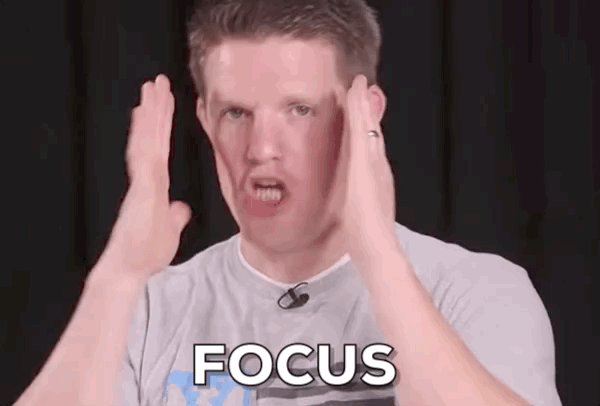Leadership
Wannabe-Innovative Leaders
Media executives like to talk about innovation but lack the will to change their management style.
This week, I received another issue of Anita Zielina’s ‘Notes on Change,’ titled “Why I Moved to NYC to Train Innovative Media Leaders.” You should definitely subscribe to this newsletter.
Anyway, Zielina worked for about ten years in the media business. She tells what she loved about the jobs. And what she didn’t like:
The lack of creative space and lack of appreciation for innovation. The millions of meetings. Petty political fights on the management level. But, more than anything, my share of bad leaders I encountered, followed by disbelief when they still got rewarded with additional responsibilities by boards or CEOs.
Ultimately, she asks the crucial question:
What if it is not the new product, […] that will ‘save’ the media industry/the news organization in question, but if it’s rather our culture that is holding us back, and that will, ultimately, kill us if we don’t radically transform?
I would argue, she’s right.
Now, Zielina mentions the lack of appreciation for innovation. Here’s where I don’t entirely agree with her. At least in Switzerland, many media executives talk about change and are looking for new products and services. And, so I think, are also showing appreciation, if there’s any innovation happening within the company.
My canvas for prioritizing and organizing my resources.
In 2007, I finally knew what I’d wanted to do for a living. It was the school’s newspaper that led me to become a journalist – no matter what.
During my apprenticeship, I started an online magazine called Negative White, covering alternative music and culture. That was almost a decade ago. It was a hobby back then but evolved to voluntary work over the last couple of years. The team grew, additional products and services were added. It was a hell of a ride. Negative White was my playground, a lab for experiments. The experience gained is invaluable.
However, I’ve achieved my initial goal to work full-time in journalism. And it gets harder to find energy and time getting stuff done for Negative White. That puts me in a quagmire: As a leader, I failed to hand over control. I became too big to fail, which was also crucial for the project’s success or descent. Maybe that’s the most important lesson I learned.
Now, I’ve to face tough decisions: Do I keep on struggling or do I quit? Are there any means to reduce the workload of about one to two hours per day by delegating tasks or stopping certain services? I don’t have the answers yet.
Being at your best
Ultimately, I’m convinced that we can only be at our best when we focus on a few things. You simply cannot commit yourself to ten jobs as good as to two. Admitting your limits is hard, especially if it involves a passion project like Negative White. It is a painful process that will pay off eventually in furthering the personal perspective.
Even if I decide to stop the project by the end of the year, it won’t be a failure after all. It was never meant to be as big as it is now, nor a lifelong engagement. It just grew organically.

Three key metrics
Nevertheless, I’m in a completely different place now than ten years ago, facing a new wave of having to prioritize and organize my resources. I have a small canvas of doing precisely that, but it requires total honesty.
Everything I do needs to check two of these three boxes:
Joy
Do I enjoy the work that I’m doing? That doesn’t mean I’ve to be happy all the time, but the overall feeling should be some sort of fulfillment.